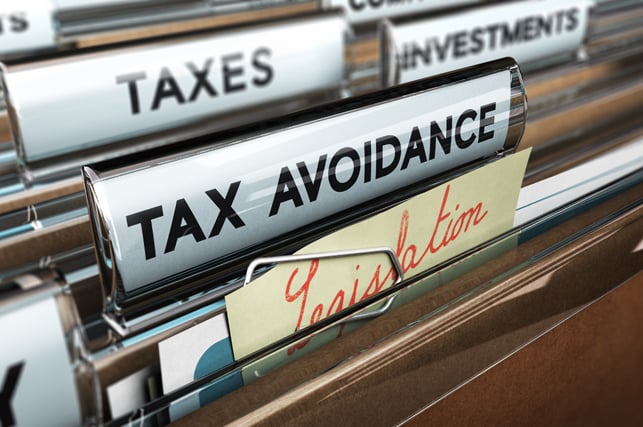Amazon, Bank of America, Facebook, FedEx, General Motors, Google, Netflix, PayPal, T-Mobile and Verizon are just a few of the 70 corporations that would have paid more taxes under the Democrats’ proposed Corporate Profits Minimum Tax (CPMT) if it had been in effect in 2020 according to a new report from Sen. Elizabeth Warren’s office with estimates verified by the Institute on Taxation and Economic Policy. The proposal would curb the ability of huge companies to claim they have no profits for tax purposes while reporting enormous profits under the financial accounting that investors pay attention to.
The report, which finds that the 70 corporations would have collectively paid $22 billion in 2020, is timely because the CPMT is the biggest corporate tax increase in the Build Back Better Act before Congress right now.
The CPMT would ensure that corporations with annual worldwide income over $1 billion (calculated as an average over the past three years) must pay income tax of at least 15 percent of their financial statement income (as opposed to the often-smaller taxable income they report to the IRS).
The idea is that no matter how many special breaks and loopholes a corporation exploits it should still pay taxes equal to at least 15 percent of whatever profits it reports to shareholders, to support the public investments that make those profits possible.
(The CPMT is not to be confused with a separate proposal that would implement an international agreement ensuring that the total domestic and foreign taxes paid by multinational corporations on offshore profits equals at least 15 percent, which is calculated differently and applies to far more companies.)
The minimum tax concept is hardly new: the 1986 Tax Reform Act created a minimum tax (repealed as part of the 2017 Trump tax cuts) that acted as a backstop to the regular corporate tax by applying a lower rate to a much broader base. Then as now, the motivation for this change was the finding, by ITEP and others, that many of the most profitable corporations paid little or no income tax on their earnings.
An ITEP report identified 55 large and profitable corporations that avoided all federal income taxes in 2020. ITEP has also demonstrated that widespread tax avoidance is a long-term challenge: 39 profitable companies paid zero federal income tax over the first three years of the Trump tax law (2018 through 2020), and 18 profitable companies paid zero over the entire 8-year period between 2008 and 2015.
The report’s estimates are based on the disclosures made by publicly traded corporations in their annual 10-K financial reports. These disclosures must include basic information on the US and foreign split of both pretax profits and tax expense (which is the company’s best estimate as to the taxes they will pay worldwide for a specific year). These data points are sufficient to provide a ballpark estimate of which companies would have been affected by the CPMT if it had been in effect in 2020 (the last year for which these filings are currently available).
Notably, these corporations’ 10-K disclosures typically don’t include data on the tax breaks (such as the research credit) that would still be allowable against the CPMT, so the Warren report’s findings are best interpreted as rough estimates of what companies would have owed in 2020.
The concept of a minimum tax on corporate profits was initially proposed as a minor component of a broader package of corporate tax reforms proposed by President Biden. But Congressional Democrats are now looking to the minimum tax as their flagship corporate tax-raising provision because they (apparently) do not have the votes to act on Biden’s proposed increase in the corporate tax rate. The bill does include other corporate tax increases, including a tax on stock buybacks, and would limit some special breaks and loopholes, particularly those related to offshore profits. While not as strong as the President’s original proposal, the reforms in the Build Back Better Act before the House right now would nonetheless raise substantial revenue and block the most significant corporate tax-dodging. The Corporate Profits Minimum Tax is a key part of the package.





